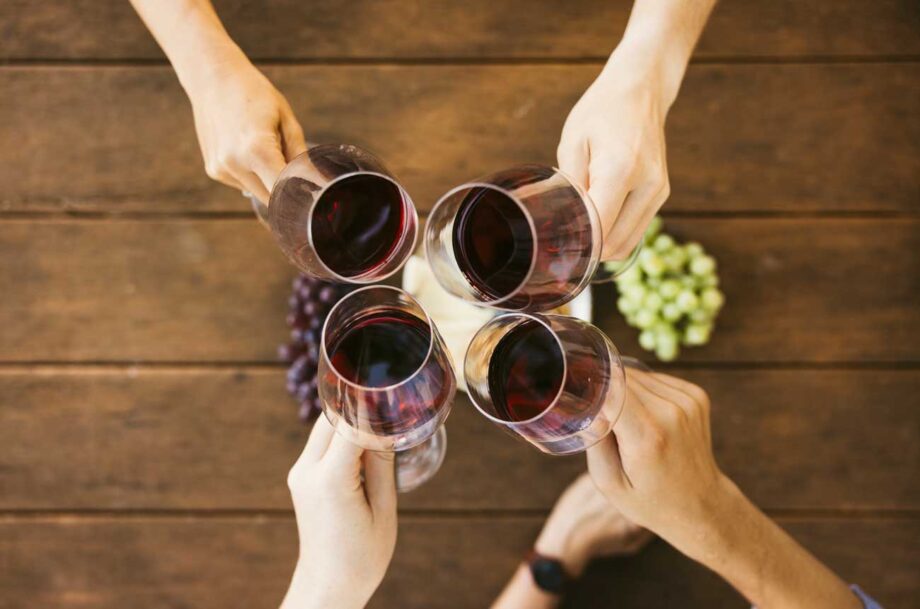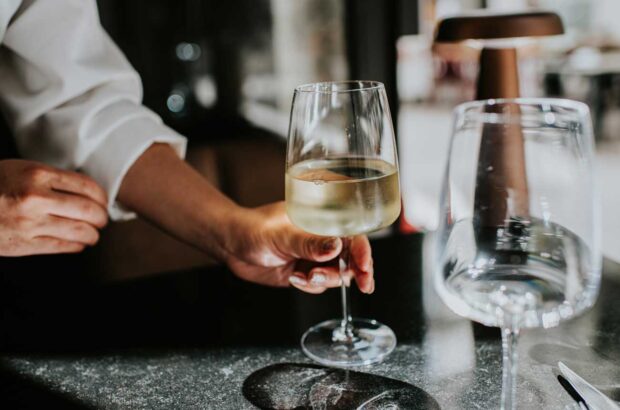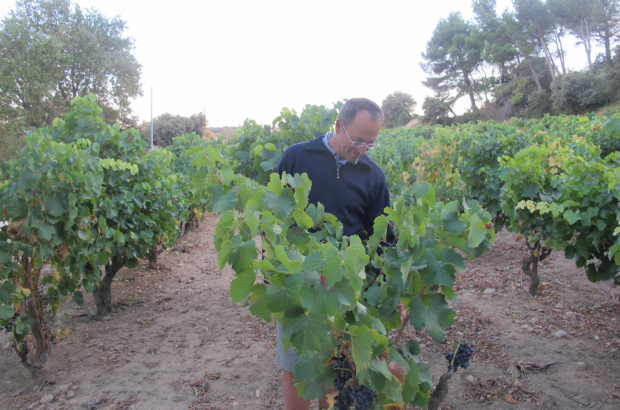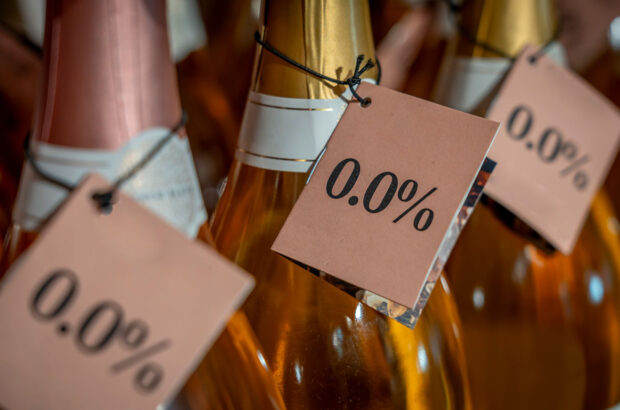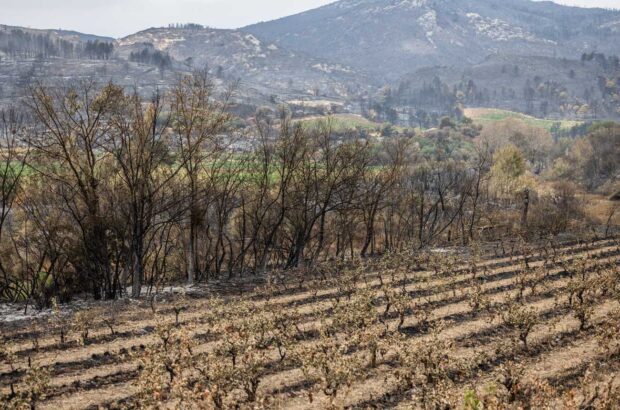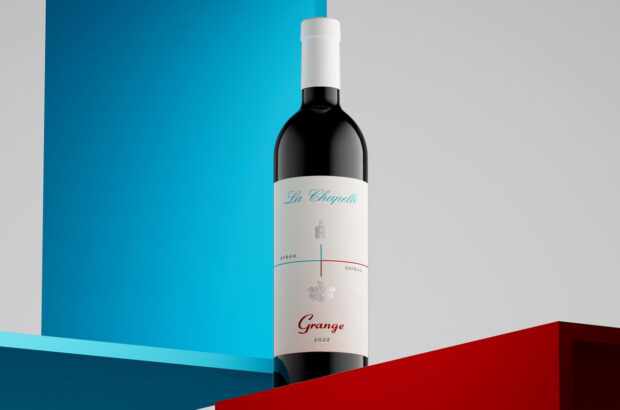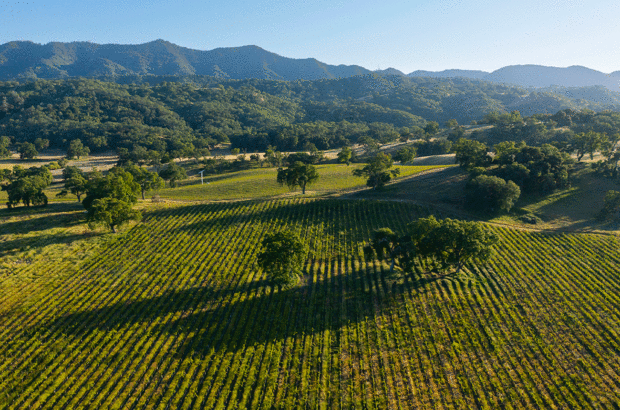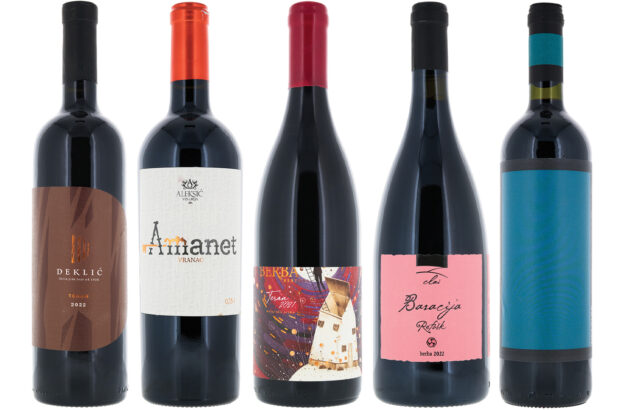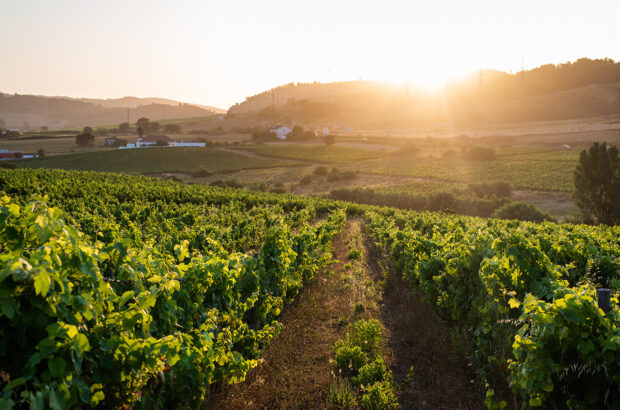As I mentioned in writing about wine’s consumption crisis in January this year, the World Health Organisation considers there is ‘no safe level’ of alcohol ingestion, and that a cancer risk is initiated with every sip of Mouton 1982 or Dom Pérignon 2008. This is now the medical consensus – though there are doctors, like Laura Catena in Argentina, who contest it (see In Defence of Wine).
Worse still, the cherished idea that moderate red-wine drinking has ‘positive health associations’ is now called into question. Red wine may not stave off next year’s heart attack. St Paul, it seems, dispensed flawed advice to Timothy when he advised him to ‘Drink no longer water, but use a little wine for thy stomach’s sake and thine often infirmities.’
What should we do? Panic? Give up? Sell the cellar and sign the pledge?
Please don’t. Just recognise that three sciences are in play here: health science, statistical science and psychological science. They all matter.
Health science suggests that alcohol damages human tissue. Our digestive systems convert ethanol into acetaldehyde, and acetaldehyde will, according to Professor Tim Stockwell of the Canadian Institute for Substance Use Research, ‘literally burn human tissue that it comes into contact with. The body then has to repair itself. If you repeat that over and over again, drink, burn, repair, drink, burn, repair, that will become a failure to replicate… and that’s when tumours can occur.’ Hence the stern advice (though note that acetaldehyde is also found in coffee, vegetables and fruit).
Next, though, embrace statistical science. Sir David Spiegelhalter, Emeritus Professor of Statistics at Cambridge University, is a specialist in medical statistics, and he points out that moderate drinking is ‘very low-risk’. Claiming, he says, that there is no ‘safe’ level ‘does not seem an argument for abstention. There is no safe level for driving, but the government [does] not recommend that people avoid driving. Come to think of it, there is no safe level of living, but nobody would recommend abstention.’ Anxiety about moderate alcohol consumption, he tweets, is a ‘pointless obsession’.
Surprisingly, Professor Stockwell goes further: he says the low risk is a ‘tiny risk’. His demolition of the apparent health benefits of moderate drinking springs from a statistical insight he calls ‘the abstainer bias problem’. Those who drink moderately have better health outcomes than abstainers, not because they are drinking a little red wine every day, but because they are healthier people. Moderate alcohol consumption, Decanter readers should note, ‘is not a cause of good health; it’s a sign of good health’. The older you get, the truer this is. Only the singularly fit and robust, he says, are still moderate drinkers at 80.
‘Nothing in excess’: one of the three famous maxims inscribed on the entrance to the Temple of Apollo in Delphi at least 2,500 years ago. Make it your drinking watchword.
According to the pre-Christian anthologist Strobaeus, though, there were a further 147 inscribed maxims on the temple – and one of them was ‘Flee a pledge’. Psychological science must take a nuanced view of alcohol because of its addictive nature and because the harms involved in immoderate consumption are so conspicuous and costly, but I’ve yet to see any government health agency argue that there is zero psychological benefit to moderate consumption. Pleasure, merriment, social interaction, the intellectual stimulus of sensory analysis and the pursuit of a hobby: practised in moderation, these benefit wellbeing and create happiness. Aesthetic joy, too: good wine is the most complex, beautiful foodstuff we put in our mouths. Is it worth forgoing all that for a ‘tiny risk’?
In my glass this month
Perhaps the wines we need now are those best sipped, not guzzled. Here’s one. Poggio Antico, I Poggi Brunello di Montalcino 2019 (£82.50 in bond Farr Vintners) is a single-plot wine from the highest-sited estate within this Tuscan DOCG. The vines are rooted 550m up, facing west. The result? A wine of almost shocking intensity, drama and concentration. The acidity is high, despite the wine’s ripeness; the tannins ripple with laurel, fenugreek, camphor. It challenges; it rewards. Sip by little sip.



